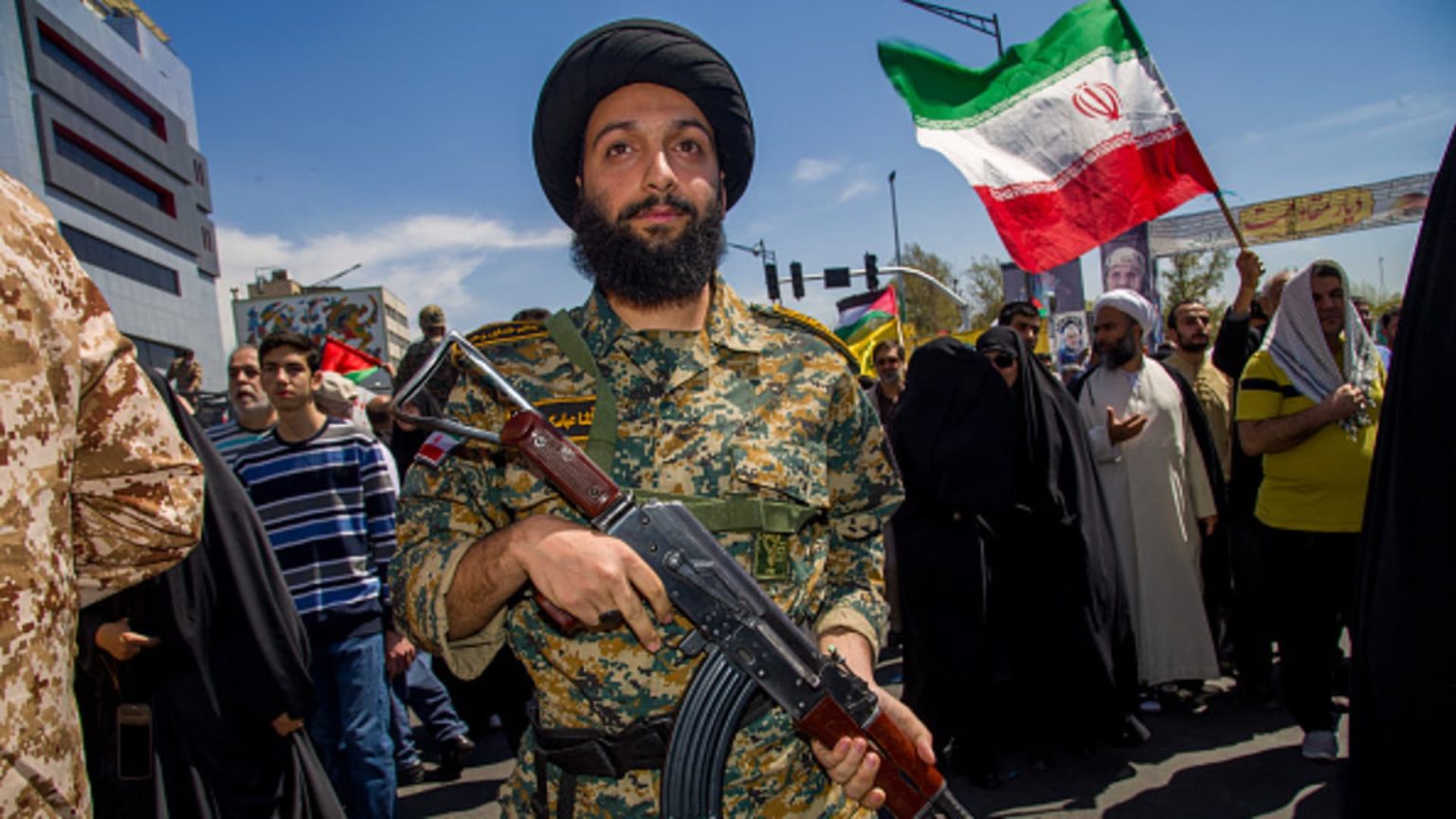Western diplomats, led by U.S. Secretary of State Antony Blinken, have urged China to use its diplomatic influence to prevent Iran from escalating tensions in the Middle East by launching a direct retaliatory strike against Israel. Blinken has engaged with Chinese Foreign Minister Wang Yi, as well as counterparts in Turkey and Saudi Arabia, to emphasize the importance of preventing further escalation and urging Iran not to escalate the situation. European allies have also been contacted to send a clear message to Iran that escalation is not in anyone’s interest.
Germany, whose Chancellor Olaf Scholz is scheduled to visit China next week, has also been in discussions with Beijing concerning the Iran issue. The U.S. and European officials are walking a fine line with China, balancing their denouncement of the country as a trade risk with their call for China to leverage its diplomatic relationships with countries isolated by Western sanctions. China’s trade relationships with Russia and Iran, as well as its membership in the BRICS coalition, provide it with considerable influence in the region.
The escalation of tensions in the Middle East began when Israel started a conflict with the Tehran-backed Palestinian organization Hamas after a terrorist attack. Israel has also been involved in clashes with factions in Lebanon, Yemen, and Syria, which it views as Iranian proxies. Washington has warned Tehran against interfering in the Gaza conflict, and tensions rose further after seven Iranian military advisors were killed in an attack on Iran’s consulate in Damascus. Iran’s Supreme Leader Ayatollah Ali Khamenei has vowed that Israel will be punished for these actions.
The foreign ministers of the U.K. and Australia have called on Iran to refrain from deepening the conflict and to use its influence in the region to promote stability. Iran’s Foreign Minister Hossein Amir-Abdollahian has defended Iran’s actions as legitimate defense in response to attacks on its consulate and embassy. Any direct attack by Iran on Israeli soil would have significant international consequences, potentially amplifying the impact of the Gaza conflict on global markets through higher oil prices and trade disruptions caused by attacks in the Red Sea.
Israeli Prime Minister Benjamin Netanyahu has affirmed that Israel is prepared to defend itself both defensively and offensively in response to any threats. U.S. President Joe Biden has reiterated the ironclad commitment to Israel’s security against threats from Iran and its proxies. The situation in the Middle East remains volatile, with the risk of further escalation and the need for diplomatic efforts to prevent a wider conflict. The international community continues to monitor the situation closely and engage with relevant stakeholders to seek a peaceful resolution.


